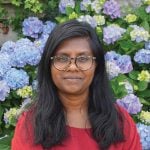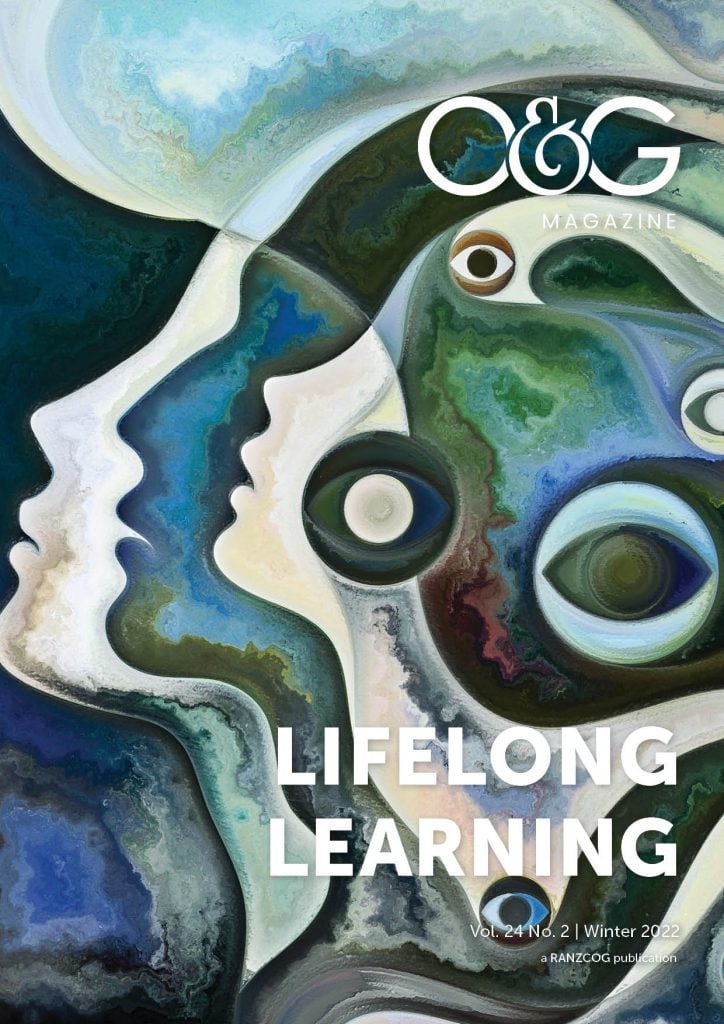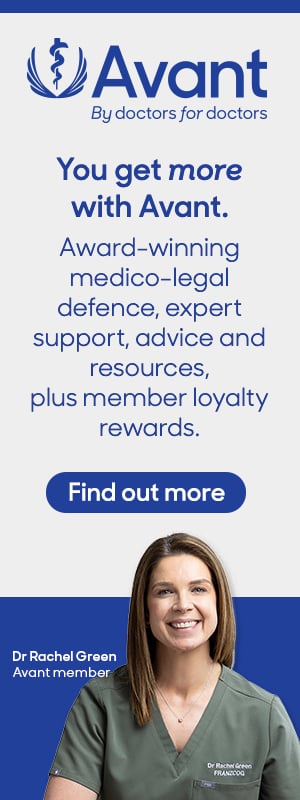Lifelong learning in medicine is often focused on updating skills and knowledge. The changing needs of the population and the commitment of medicine to empower general population must also be considered as part of lifelong learning. In O&G, the lived experience of women and their families offers insights that can improve the quality of medical research, training, policy and health outcomes.
My awareness of women’s health began with the birth of my first child. I was in my mid-twenties when I gave birth for the first time. After I had given myself time to heal and started to push myself back to normal routines of life, I didn’t understand why it felt like everything inside me was about to fall out when I exercised and why certain parts of my body hurt on a daily basis. Three years later, I found out that this birth had left a permanent mark on my pelvic floor; I was diagnosed with bilateral levator avulsion and prolapse. This diagnosis knocked me for six. I had no idea that this kind of injury can impact your daily movements and breathing. So, with an infant and a three-year-old, I had to learn how to breathe properly again and how to properly function with a torn pelvic floor. At the time, I was told that there was no treatment available unless I was incontinent. That was when I decided I deserved better and committed to educating myself. Little did I know this process would become lifelong. There are so many stages in our lives: menstruation, fertility, menopause and post-menopause. It was daunting to learn how little I knew about my own anatomy and how these stages of my body would impact me and how I would manage these changes. In the process of educating myself, I would find many women who were also looking for answers about their health and that was one of the reasons that pushed me to apply for consumer representative roles in women’s health.
My mother migrated to Australia from Sri Lanka with a 4-year-old and a 6-month-old, limited English and very little financial means. She suffers from incontinence and she keeps quiet on this. Like women in many different cultures, she was taught very little about her health and did not have easy access to resources to enable her to educate herself or even know what wasn’t normal. I often wonder if she had the support back then, how much easier her life may have been as a mum in a foreign country, without family support. I wonder how this impacted her wellbeing. I think about this a lot because I moved countries during pregnancy and again a few months after birth. I had the privilege of education, the ability to speak English and the financial means to be able to advocate and seek support. One of the hardest parts of my experience was feeling alone and helpless. Since learning more about women’s health, accessing resources and online support groups, I have felt comforted knowing that I am not alone. Not all women would have this opportunity, including my mother. Furthermore, many of the experiences of these women will not be known to those in the O&G community, as the impacts often occur outside of a clinical setting and may be such that the women involved do not feel they can seek further help and support.
As a part of my upbringing in my culture, I still carry an element of not wanting to appear helpless, show hardship and often say ‘yes’ even if I don’t understand why or want to. Rarely is there time for a health professional, as part of the medical history and consultation process, to evaluate responses to consider if there may be influences that impact a patient’s ability to speak freely. I often think back on my experience when I had fainted shortly after giving birth. I had learnt that I had lost a lot of blood during labour. The medical team were attentive, they had noticed my vital signs were irregular. At one point, when they had to leave me in the room alone in a wheelchair and the nurse had asked me if I felt like fainting, I assured her that I felt fine and smiled back. I fainted within minutes of them leaving and nearly fell out of the wheelchair, luckily the nurse saw me and caught me in time. As a woman with dark skin, I don’t appear ‘flushed’ and in a clinical setting find it hard to feel my own discomforts. The simple ‘yes’ can mean much more and recognising these communication differences and experiences of people can make a big difference to care. This simple mentorship or engagement with women and families outside of clinical settings is one way that O&Gs can incorporate the experiences of women and their families into lifelong learning.
In the UK, frameworks have been developed to actively involve consumers in research design, policy development and medical program reviews. The Royal College of Obstetricians and Gynaecologists (RCOG) in the UK have supported the creation of the Women’s Voices Involvement Panel, a group of 700 women from across the country who lend their experiences to influence and shape RCOG’s strategic direction. RCOG also employ 14 consumer members who sit on all the Boards across the college. This is an important initiative which showcases lifelong learning for organisations and how a member-based college has incorporated the lived experiences of women and families in O&G.
As a research project manager in women’s health, I have seen a shift in project design to incorporate the learnings and feedback of women and their families with lived experience, to ensure the research outputs creates sustainable changes that are culturally appropriate. Genuine engagement and partnership with women and their families from diverse backgrounds in research is an important aspect of lifelong learning which will support equitable and sustainable changes. Based on my experience and that of women and community groups I have met, their experiences fly under the radar in terms of medical research as they are often not actively engaged in the process. The learnings, emotional load and time commitment from those that partner and collaborate in research is often required but not always heard or incorporated into the design due to a lack of time, budget or restrictions in research or funding requirements. I have been lucky to be able to witness clinicians and researchers in O&G who truly take the time to sit back and reflect on their practice but also continue to connect with women and their families, and Indigenous communities, after the research has ended.
Lifelong learning is a given of medicine, and these days it doesn’t matter who you are, where you are from or what you do for work, the world is moving at such a pace we are all needing to learn and upskill. In medicine, the three aspects of lifelong learning have always focused on knowledge and skill. As a woman, I hope there will be a new component that includes how to engage with people with lived experience to improve services, research and policies.






Leave a Reply